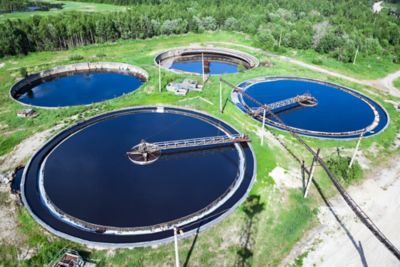In wine production every drop counts
Wine making is a delicate art that relies on standardise processes to achieve the desired flavor, aroma, and quality. However, throughout the production journey, winemakers encounter a number of various challenges that can lead to process losses. Unfortunately, these losses can affect both the quantity and quality of the wine. Fortunately, with the corerct strategies and the right tools, nowadays we can minimize these losses and optimize the production efficiency.
Reasons behind process losses during winemaking
First of all, what is process loss?
It’s the loss of wine or its components during the stages of production. This can happen due to many different reasons:
- Lees and Sediments consisting of yeast cells, grape solids, and other particles, settle at the bottom of fermentation vessels during the aging process, leading to wine loss during racking and filtration.
- Oxygen exposure and evaporation during storage, transfer, and handling can result in the loss of volatile compounds, altering the wine's aroma and flavor profile.
- Inadequate filtration techniques can lead to wine loss, as particles and impurities are removed from the wine to achieve clarity and stability.
Why is it important to minimize process loss in wine production
5 steps to reduce process loss for winemakers
- Invest in Quality Equipment. This is the first step of achieving optimal results. High quality filtration systems are essential for effective removal of impurities without sacrificing wine volume or quantity.
- Optimize your filtration techniques. Each wine is different and might need to meet specific requirements that can be achieved with tailor techniques on your business. This includes the selection of the correct filter media for your needs, adjust of flow rates, and monitoring pressure levels.
- Manage lees and sediments. Employ techniques such as cold stabilization, fining agents, and centrifugation to facilitate the settling of lees and sediments before filtration. This reduces the volume of wine lost during racking and minimizes the risk of clogging filters during the clarification process.
- Control Oxygen exposure. When handling wine during transfer and storage, the less oxygen exposure the better it is for your product. This can be achieved with the use of inert gases ( nitrogen, argon) to purge tanks and pipelines. Tight sealing and inert gas blanketing techniques will also help you to preserve the freshness and minimize oxidation.
- Monitor your processes. This is an as important step as all the above but the one that we tend to forget the most. You may have set in stone the best practices, the most efficient techniques for your business but this doesn’t mean that you don’t need to check and analyze how these processes are going throughout the time. You should regularly monitor key parameters such as temperature, pH, dissolved oxygen levels etc to identify any potential areas of improvement. Gather and analyze data if you want to take corrective actions proactively.
In Atlas Copco we understand the importance of your process. Our process filters can meet your business’s unique needs and our experts can help you make the correct choice. Contact us today to discuss how you can optimize your process.


